- Urinary Incontinence
- Urinary Incontinence in Women
- Urinary Incontinence in Men
- Overactive Bladder (OAB)
- Appointment Prep
- View Full Guide
Myths and Facts About Your Bladder

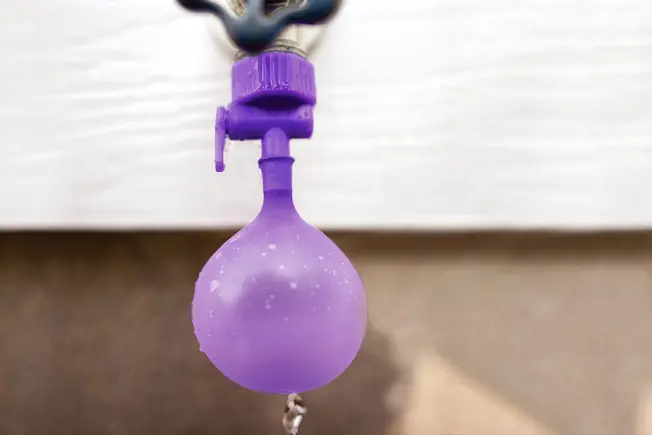
Myth: Small Bladder, Big Problems
Some people blame a small bladder for frequent leaks, but your body's normal "capacity" is rarely the true cause of such a problem. In healthy people, that capacity ranges from 1 to 2 cups. The real culprit is more likely to be weak muscles, medication side effects, infection, or nerve damage. Treatments are available.
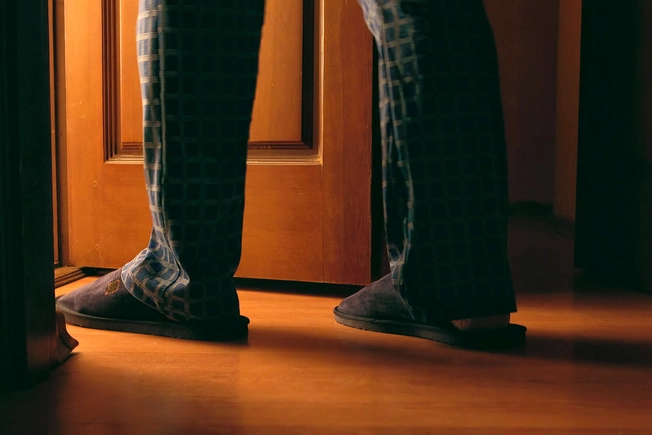
Fact: Twice a Night Isn't Right
One bathroom trip during the night may be acceptable, but for two or more -- called nocturia -- and it's time for a checkup. To determine if it's caused by a treatable condition, your doctor will want more information: a bathroom diary, a record of fluids you drank, and a list of medications and known illnesses. Some possible causes include drinking a lot just before bed, an enlarged prostate, underlying medical conditions (such as hypertension, arthritis, depression/anxiety, diabetes mellitus), certain medications, and overactive bladder.
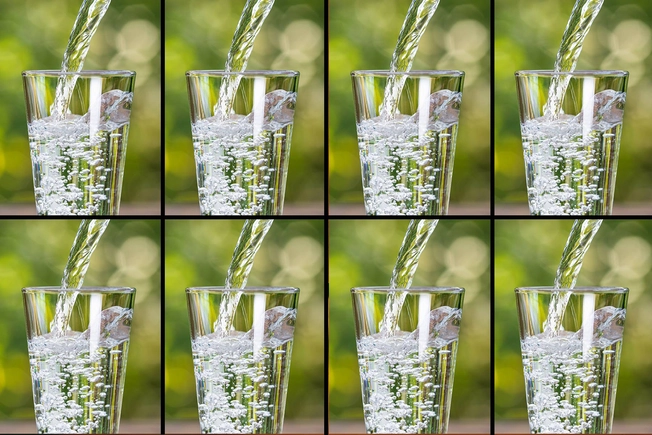
Myth: You Need 8 Glasses a Day
Fluid needs differ, depending on your size and activity. You may not need eight glasses of water a day. The best advice for healthy people is to drink when you're thirsty and stay hydrated. This keeps urine from becoming too concentrated and lowers the risk of getting kidney stones.

Fact: Anyone Can Have Bladder Trouble
Bladder problems can affect both men and women at different stages of life. They're more common in certain groups -- including women who are sexually active, have had children, or are menopausal; older adults; men with a history of prostate trouble; and people with spinal cord injuries. If you're having problems, you should seek advice from a doctor.
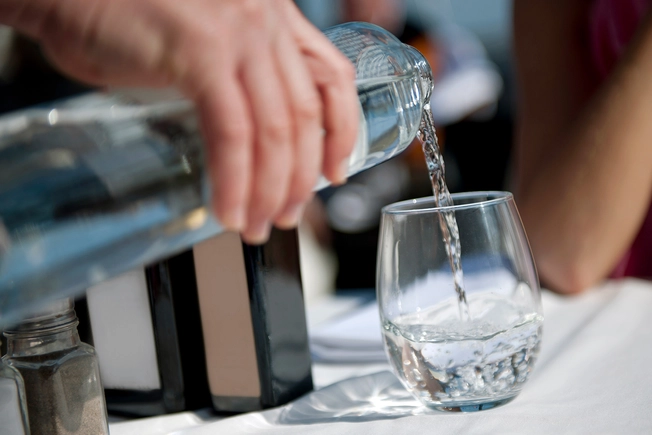
Myth: Drinking Less Is Best
Waving off the waiter when they try to refill your glass may help a little. But doctors say a healthy bladder should be able to handle a normal amount of fluid. You might want to think more about what you drink. Caffeine is a bladder stimulant. Consider downsizing that morning cup of joe or skipping the cola.
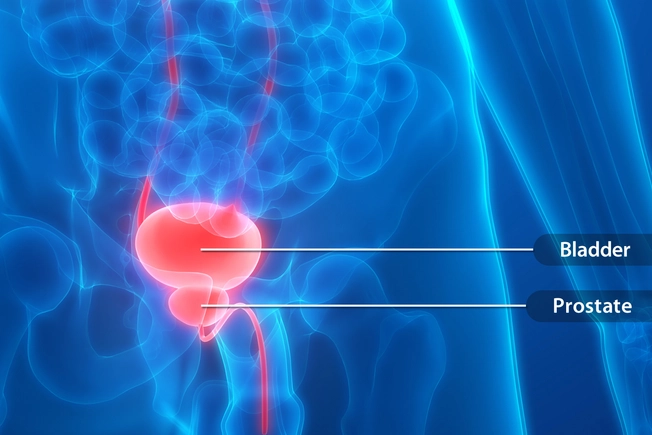
Fact: It's Not Always a Prostate Problem
A frequent need to go can be caused by an enlarged prostate, but it can also be caused by an overactive bladder (OAB). The conditions have similar symptoms, but the causes and treatments are different. An enlarged prostate puts pressure on your urethra, OAB is a muscle control problem. Talk to your doctor about your symptoms and find out testing you may need.
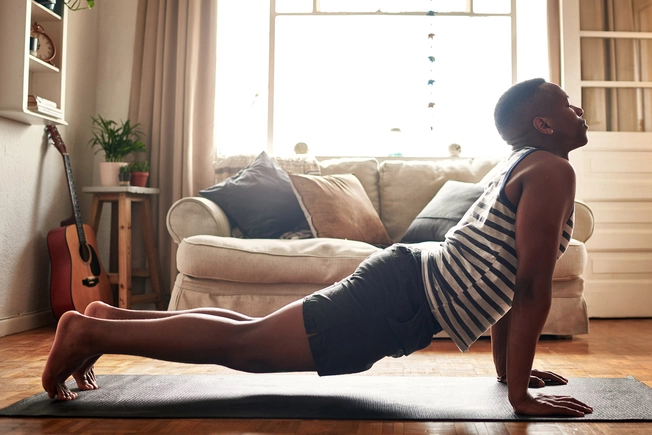
Fact: Kegels Are for Men, Too
You may have heard of women doing these bladder-control moves, but doctors recommend them for men, too. The muscles of the pelvic floor control how you stop and start your urine stream. On an empty bladder, try contracting these muscles for 3-5 seconds and then release. Keep the stomach, buttocks, and legs relaxed. Work up to three sets of 10 repetitions each day. You can do Kegels anywhere, anytime, without anyone noticing. Practice when lying down, standing and sitting.
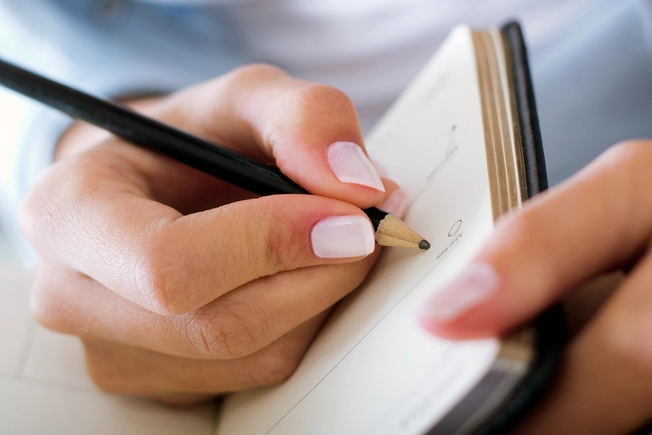
Fact: A System and Schedule May Help
Bladder training is a first step that helps some people with overactive bladders. You set a schedule for bathroom breaks and try to resist the first urge to go in between. Gradually, you can try holding it longer. Together with Kegels, these two methods can cut overactive bladder episodes in half.

Fact: Shaping Up for Bladder Control
A healthy lifestyle may help prevent and lessen some bladder problems. Doctors say getting regular exercise and doing Kegels can curb stress incontinence, the leakage caused by coughing, laughing, or sneezing. And because carrying a lot of extra weight causes bladder troubles, slimming down may help, too.

Myth: Bladder Problems Are a Fact of Life
If bladder problems are bothering you, talk with your doctor. Incontinence is a medical problem -- not an inevitable part of aging. Treatment can help with symptoms and your day-to-day life. Your treatment plan will depend on your specific problem and your overall health.
IMAGES PROVIDED BY:
1) sampsyseeds / Getty Images
(2) eugenekeebler / Getty Images
(3) Alter_photo / Getty Images
(4) Hill Street Studiosm / Getty Images
(5) ShotShare / Getty Images
(6) magicmine / Getty Images
(7) PeopleImages / Getty Images
(8) nensuria / Getty Images
(9) adamkaz / Getty Images
(10) FatCamera / Getty Images
SOURCES:
Brant A. Inman, MD, assistant professor of surgery, Duke University Medical Center.
National Kidney and Urologic Diseases Information Clearinghouse: "Bladder Control: What Men Need to Know," "Urinary Incontinence in Women," "What I Need to Know About Bladder Control for Women."
Tomas L. Griebling, MD, University of Kansas.
J. Stephen Jones, MD, chairman, Cleveland Clinic Department of Regional Urology.
Amy E. Krambeck, MD, Mayo Clinic.